It takes thousands of people to build a lunar spacecraft, let’s meet them and see what they do. Today: Antoine from Airbus.
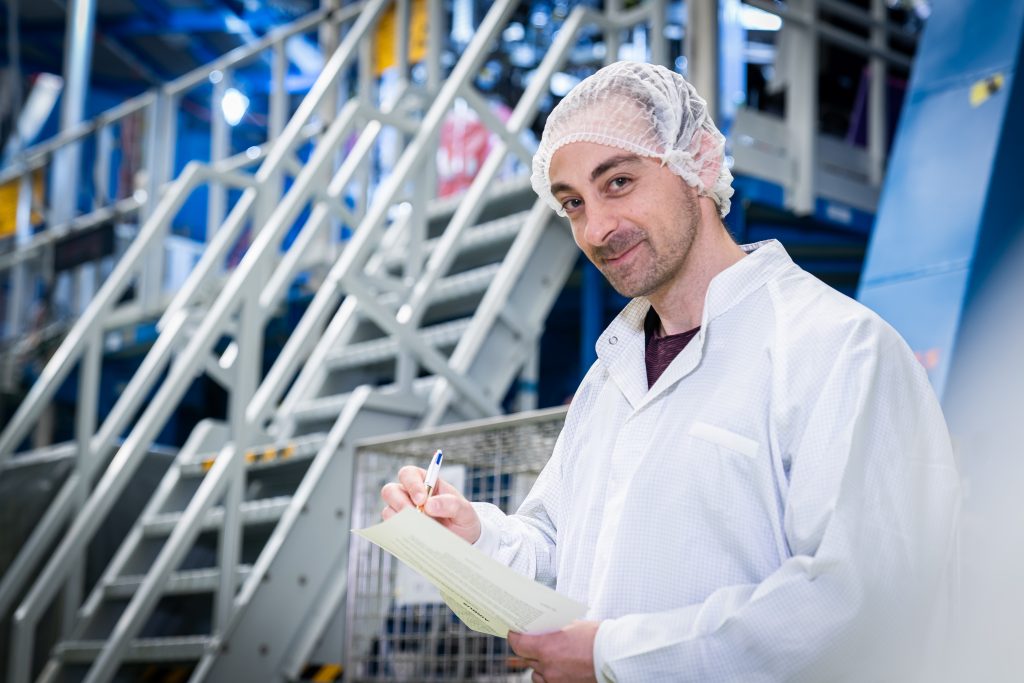
What is your name and your role on the ESM team?
My name is Antoine. I look after the propulsion sub-system on the European Service Module (ESM) for Airbus. My title is Technical Authority and I have this role mostly for flight model n°3, expected to bring back astronauts to the Moon on the Artemis III mission.
How long have you been involved in European Service Module’s development and what are your tasks?
In total I have been working on the ESM since February 2018, when I started to work on Orion as a propulsion Engineer embedded in the System team. My first task was to conduct impact studies on a change in architecture from serial to parallel propellant tanks. I also led the ESM mass optimisation programme to implement local design changes all over the ESM in order to save mass. Since October 2018, as Technical Authority, I have been responsible for the entire propulsion subsystem (PSS), from design to testing and qualification. I have a whole team supporting me for this tremendous task, taking care more specifically of the different equipment, suppliers, processes, quality and tests. As such I have mainly the role of technical lead and team coordinator ensuring consistency and the proper flow of information and making technical calls in close cooperation with the person in charge of the schedule and costs.
What is your educational background/prior work experience? How did you come to work on the European Service Module?
I have a Masters degree in Aerospace Engineering from ISAE-Supaero (Institut Supérieur de l’Aéronautique et de l’Espace) in Toulouse, France as well as the École Polytechnique de Montréal (EPM) in Canada. I joined the Orion Programme after 8 years working on the Ariane 5 launcher in different teams (mechanical system, propulsion, and AIT engineering) in Les Mureaux, Bremen and Kourou, French Guiana. The first part of my career in France gave me a valuable background in various disciplines of Engineering such as General Loads, Aeroelasticity, Guidance and Navigation Control, Cryotechnics, Structures, finite element modelling, and System Engineering. Later on, my experience within the Ariane 5 Propulsion team in Bremen meant I got to know the hardware and operations side of things as I had been working on assembling and testing the Ariane 5 upper stage composite in Kourou from final launcher integration up to lift-off. All in all, it enabled me to get familiar with many aspects of the launcher at different levels, from the entire system, then the upper stage, up to specific equipment like valves, engines and turbo-pumps. This was an excellent preparation for my work on the ESM.
In fact, the same propulsion team in Bremen was also involved in the Orion ESM PSS development. So as the Ariane 6 programme was kicked-off and Ariane 5 ramped down, I decided to switch and join the ESM folks for a new challenge, highly motivated by the discovery of human spaceflight and collaboration with NASA.
What is a notable or memorable moment during your time working on the European Service Module?
After only 3 years on the project my head is already full of those, so it is hard to pick one. If I had to choose, I would mention the time when NASA Astronauts Nicole A. Mann and Ellen Ochoa came to Bremen to visit us and the first ESM under construction in our cleanroom. Meeting the people that would potentially fly our spacecraft for real and listening to them was a pure boost of motivation. Suddenly ESM was not just a product with performance requirements, it received a soul as it was embodied in these two inspiring women. To me, it gave real meaning to what we do and highlighted like no other moment the responsibility of our job as engineers, the phenomenal nature of our goal and the huge challenge to achieve it.
What does it mean to you to be part of the larger team helping to get humans back on the Moon?
Since the beginning, human space exploration was my dream because I wanted to be an astronaut. Later on it became my ambition to serve this field as an engineer. This is why I chose that educational path and why I tried to joined Airbus DS Bremen as soon as I could since it is one of the two hotspots in Europe for such endeavours. Working on this spacecraft gives me the feeling to get day by day closer to my childhood dream which has not yet flown away. Even if in the end I may not be flying on Orion, having the chance to add my little contribution to this adventure for the people that will do so gives me an incredible feeling of pride, gratefulness, and a real sense of meaning. It is a bit as if a piece of me will be there with them as they touchdown on the Moon again.
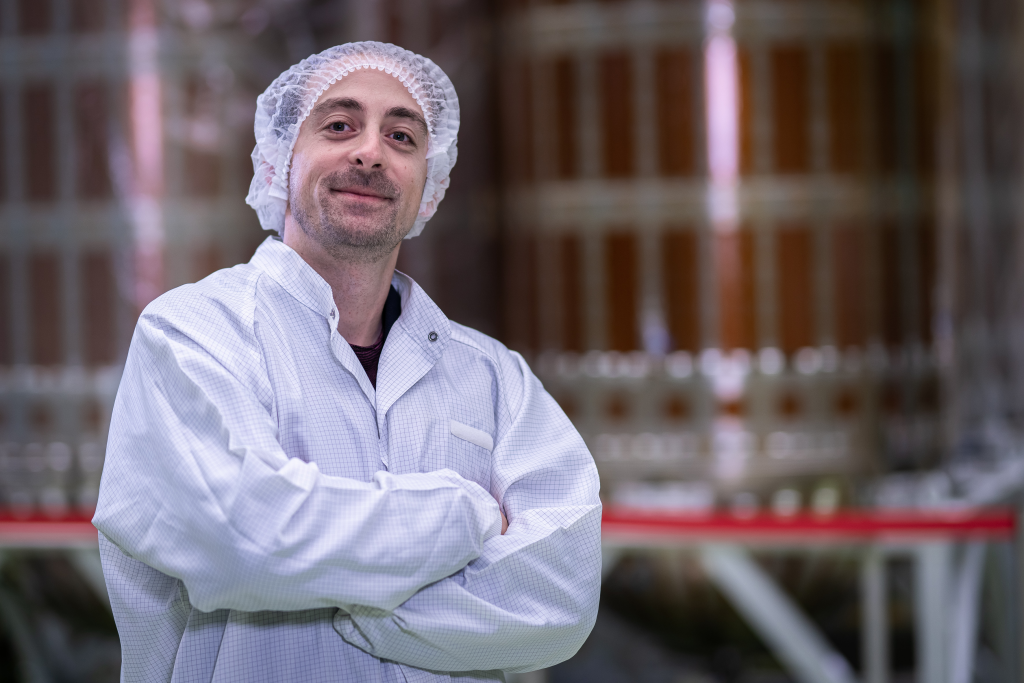
What is one thing you’d like the European public to know about your job?
Thanks to the ESM and the other European contributions to the NASA Artemis programme (Gateway modules, Moon Cargo, Lander…), there should be the very first European astronaut on the surface on the Moon by the end of this decade. And everything started in the city of Bremen. Not bad, not bad at all.
Do you have any advice for future generations interested in space exploration?
Believe in your dreams and realise them as a European, there is no room for nationalism in the Space adventure. This is the only way our countries who used to fight for so many centuries can succeed up to a point that none of them would have ever reached alone. Win as a European, lose as a European. Be proud of your achievements as a team, be humble about the mistakes of your partners as if it was your own. Favour cooperation instead of competition. Be curious and inspired by the cultures of your neighbours to enrich your own and share yours without an ounce of comparison. At the European scale, you will see not only the world but also the entire universe differently, full of new opportunities and larger horizons. Our generation paved the path. Yours can show that we could be more than the US sparring partners if we believe in our destiny as European brothers.

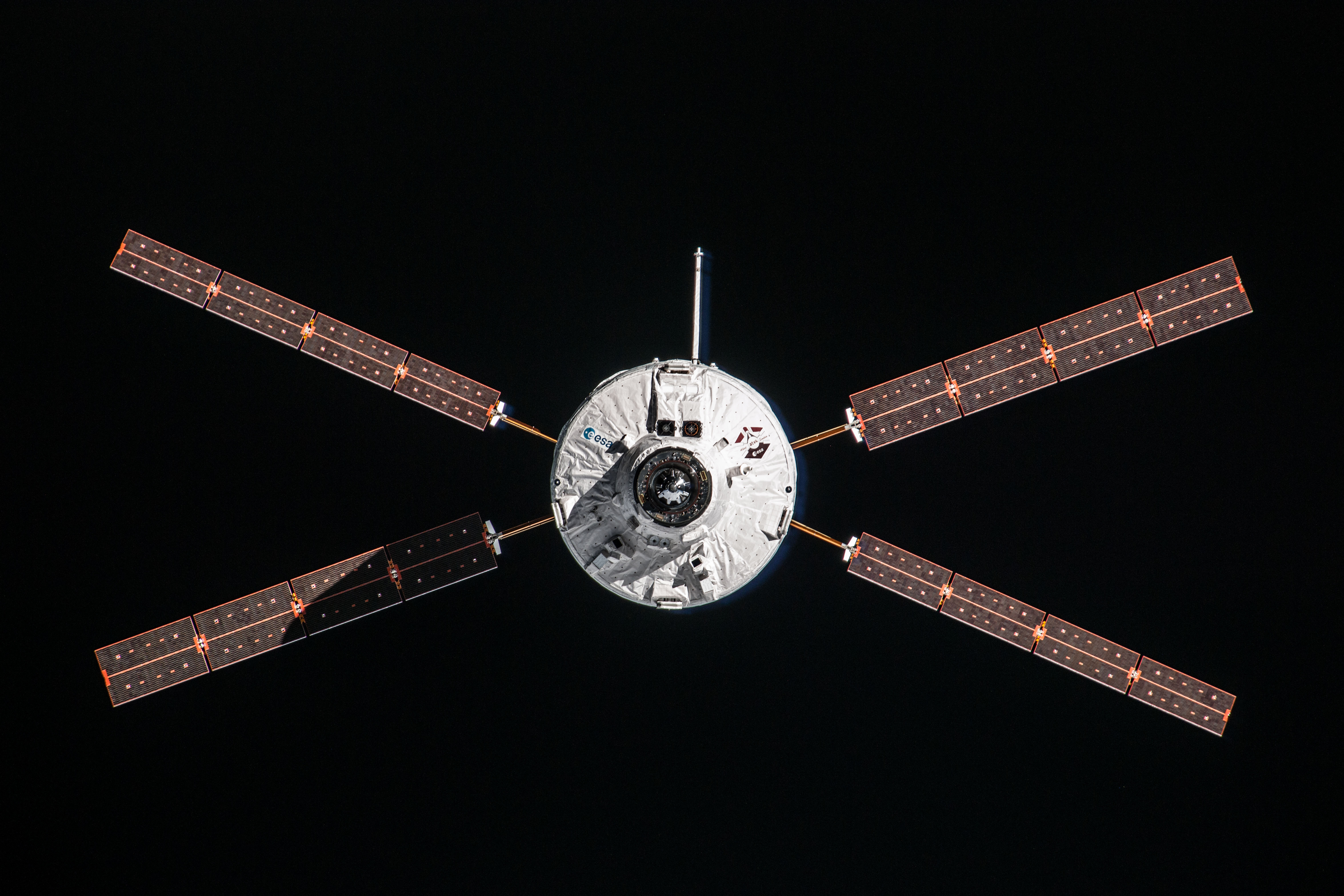 Automated Transfer Vehicle page
Automated Transfer Vehicle page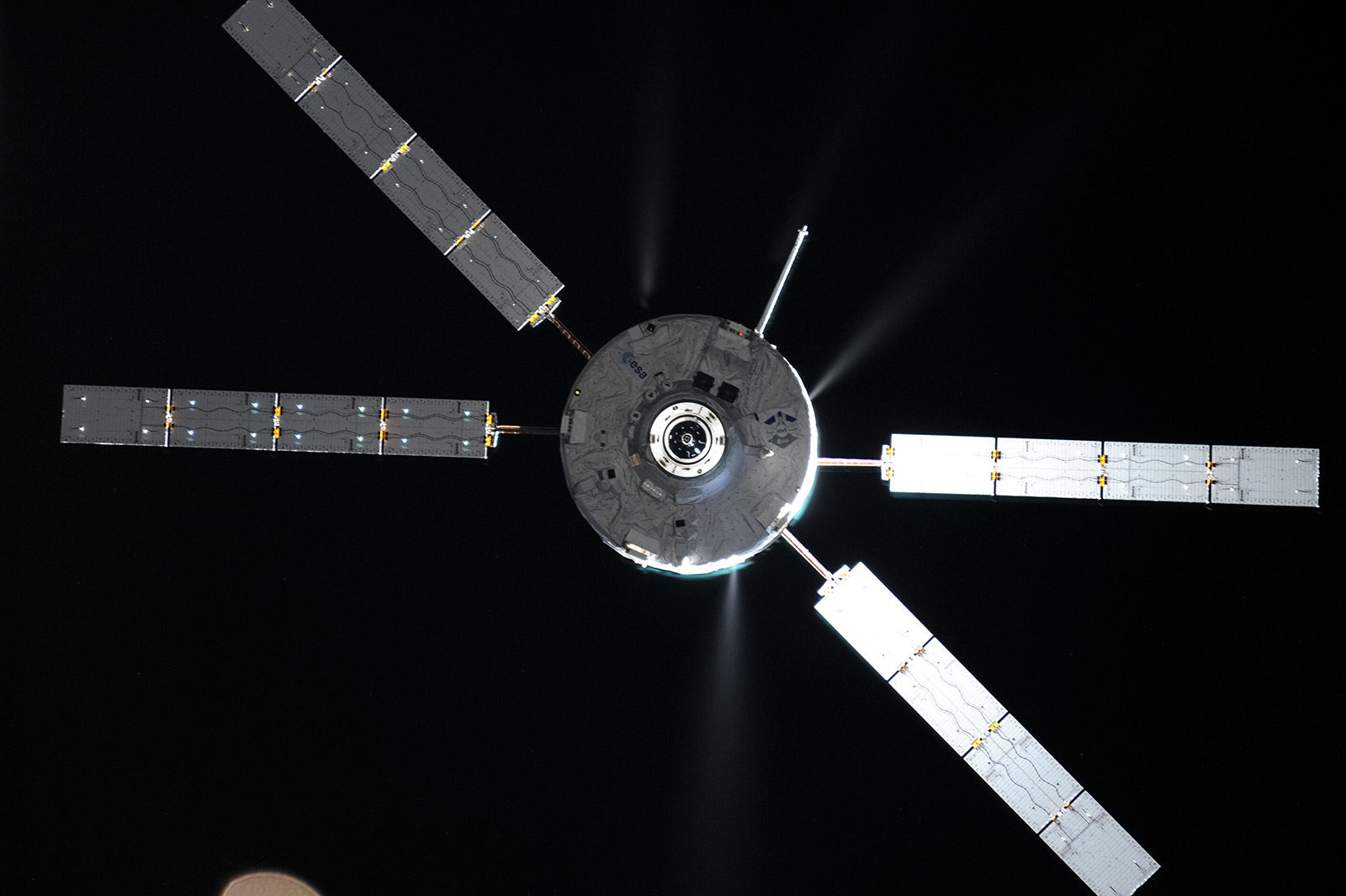 ATV blog archive
ATV blog archive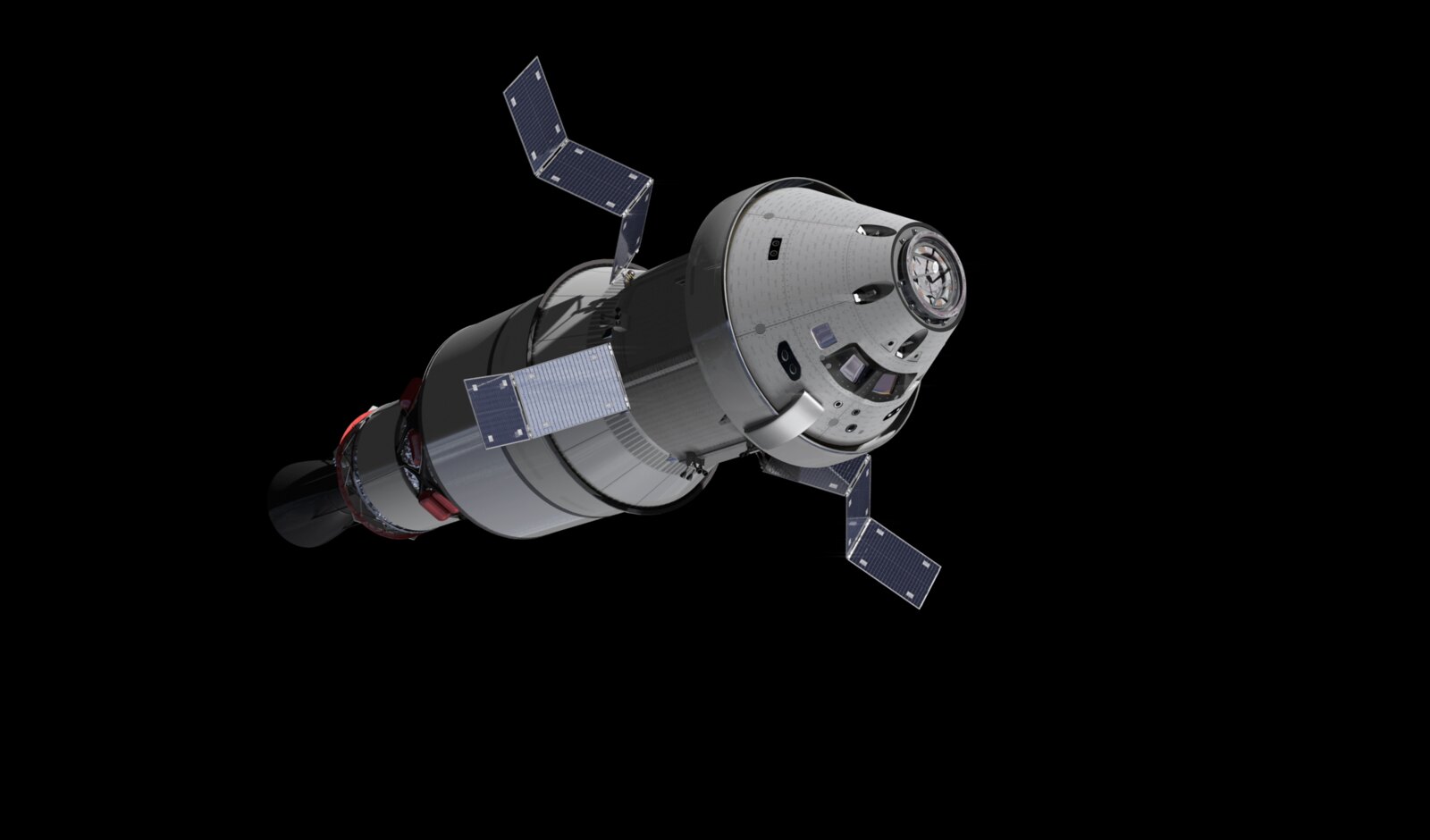
Discussion: one comment
Highly motivated team because the discovery of human spaceflight? Eh this teams average age is ?? ?? PS love this blog